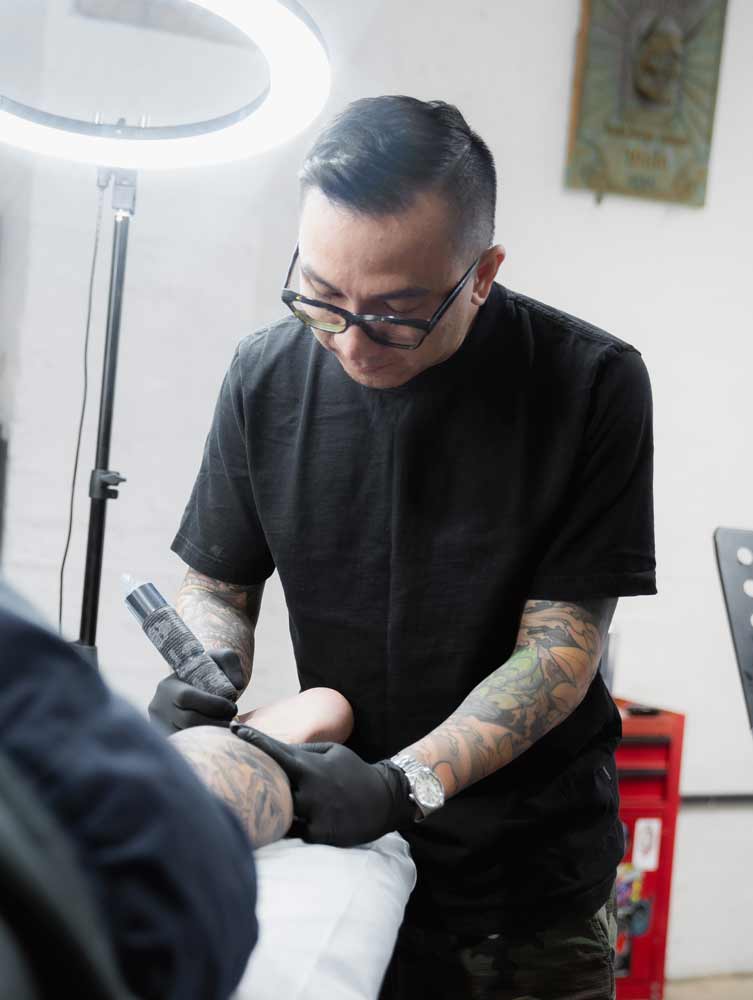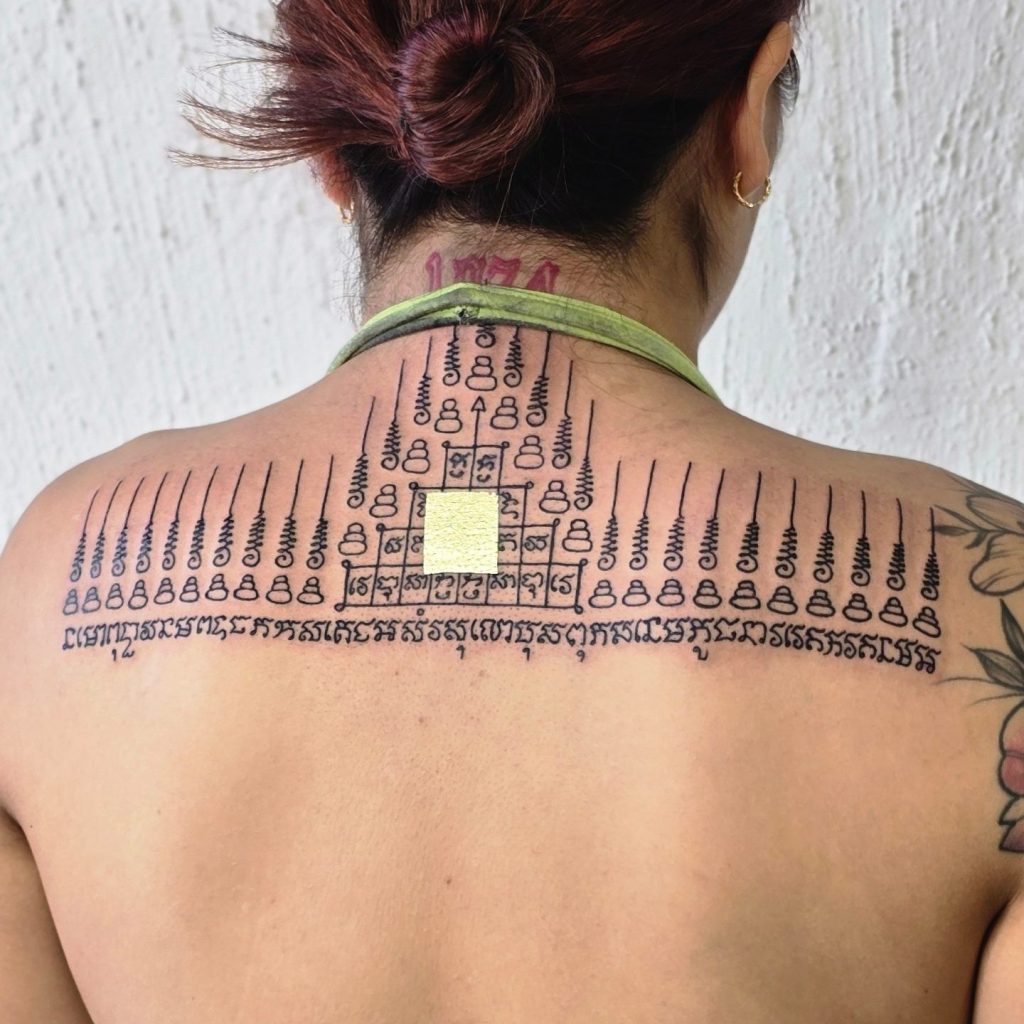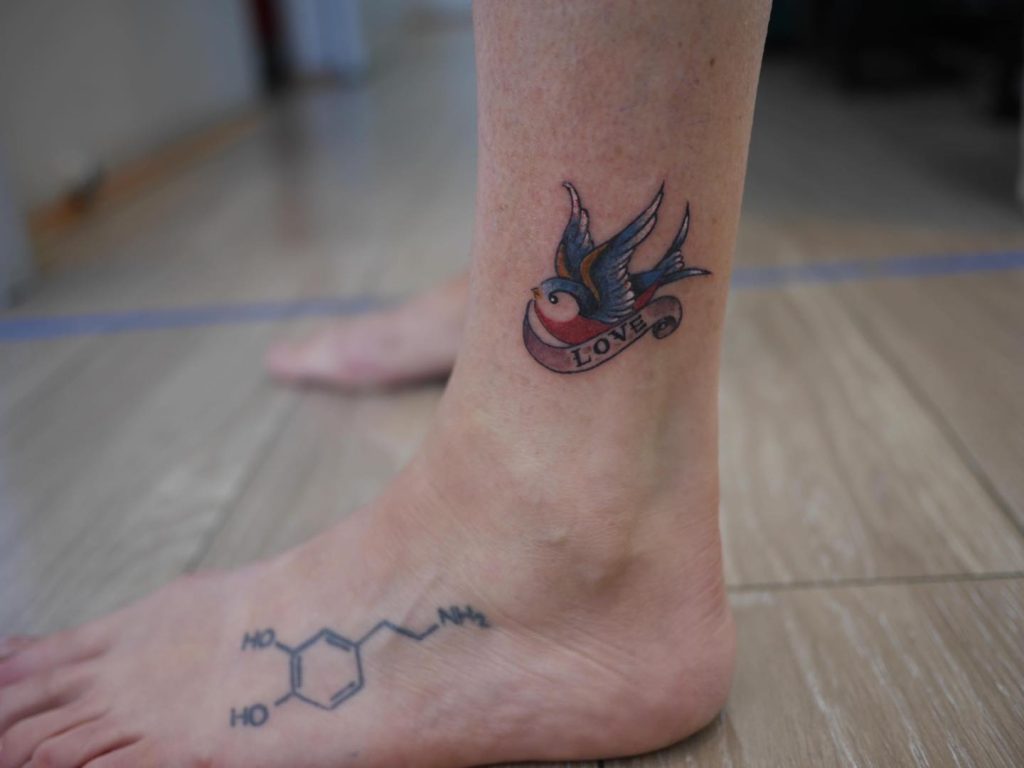Tattoos have been around for thousands of years, adorning the skin of people from all walks of life. Yet, despite their long history and growing popularity, tattoos are still surrounded by numerous myths and misconceptions. These myths can sometimes discourage people from getting tattoos or cause unnecessary worry for those who already have them.
One common myth is that only young people get tattoos. This simply isn’t true. People of all ages, from teenagers to seniors, enjoy the art of tattooing. Each tattoo can tell a personal story, embody meaningful symbols, or be purely decorative. Tattoos are for anyone who wishes to express themselves through this unique art form.
Another widespread myth is that tattoos are permanent and can never be removed. Thanks to advances in technology, there are now options for people who want to remove their tattoos. Laser removal has become a common and effective method for those who wish to change or get rid of their tattoo altogether.
In this article, we’ll explore and debunk these common myths about tattoos. By understanding the reality behind these misconceptions, you can make informed decisions about tattoos and appreciate the art form without unnecessary fears or doubts.
Myth 1: Tattoos Are Only for Young People
One persistent myth about tattoos is that they’re only suitable for young people. This simply isn’t true. People of all ages enjoy getting tattoos, and it’s never too late to start. Many older adults are now getting their first tattoos, often to commemorate significant life events or to express their interests and values.
Tattoos can be a lifetime passion for some people. There are individuals who started getting tattoos in their youth and continue to add to their collection well into their later years. For others, the decision to get their first tattoo might come later in life, perhaps after retirement or as a way to celebrate a milestone.
Tattoo parlours have seen a rise in older customers, debunking the age stereotype even further. Artists often share stories of tattooing grandparents who come in to get a design that symbolises their grandchildren or an important memory. Tattoos can be meaningful at any age, and everyone is welcome to explore this form of self-expression.
Myth 2: Tattoos Are Permanent and Cannot Be Removed
Another common myth is that tattoos are permanent and cannot be removed. While it’s true that tattoos are designed to be long-lasting, they are not necessarily forever. Advances in technology have made it possible to remove or alter tattoos with methods such as laser removal.
Laser tattoo removal works by using concentrated light to break down the ink particles in the tattoo. Over a series of sessions, these particles are absorbed by the body and fade away. The success of this method depends on several factors, including the age of the tattoo, the colours used, and the depth of the ink. However, many people find it an effective way to erase unwanted tattoos or lighten them for a cover-up.
Besides laser removal, there are also tattoo cover-ups where a new design is inked over an old one. Skilled artists can create beautiful works of art that transform or hide the original tattoo, giving it a new meaning or entirely new look.
So, while getting a tattoo is a significant commitment, it’s comforting to know that options are available if you ever change your mind.
Myth 3: Tattoos Are Unsafe and Cause Health Problems
Many people worry that getting a tattoo might be unsafe or cause health problems. However, when you go to a professional, licensed tattoo studio that follows strict hygiene practices, getting a tattoo is generally safe. Reputable tattoo artists use sterilised equipment, wear gloves, and work in a clean environment, reducing the risk of infection.
Before you get a tattoo, it’s important to ensure your chosen studio adheres to health and safety regulations. Check if they use single-use needles and tubes, which are disposed of after each client. Also, ask if they use high-quality, non-toxic inks, as this can further reduce the risk of adverse reactions.
Some people might have allergic reactions to certain pigments used in tattoo ink. It’s always best to discuss any concerns with your tattoo artist beforehand. They can perform a small patch test to check for allergies. Following proper aftercare instructions is crucial to prevent infections and promote healing. Keep the tattoo clean and moisturised, and avoid picking at any scabs or peeling skin.
Myth 4: You Can’t Donate Blood If You Have Tattoos
Another widespread myth is that you can’t donate blood if you have tattoos. This is not entirely true. In Australia, you can donate blood, even if you have tattoos, provided you follow certain guidelines. The Australian Red Cross Lifeblood requires you to wait six months after getting a tattoo before donating. This waiting period helps ensure that you haven’t contracted any infections during the tattooing process.
The waiting period applies to new tattoos and any touch-ups or additions to existing tattoos. If you adhere to the recommended waiting period and meet the other eligibility criteria, you can become a blood donor. Remember, the need for blood donations is ongoing, and people with tattoos can still play a crucial role in saving lives.
Conclusion
By debunking these common myths about tattoos, we can better understand the art and make informed decisions. Tattoos aren’t just for young people; they are beautiful, personal expressions for anyone, regardless of age.
While tattoos are designed to be long-lasting, modern techniques like laser removal offer options for those who wish to change or remove them. Tattoo safety largely depends on the practices of the studio and the aftercare you follow. Lastly, having tattoos doesn’t mean you can’t donate blood; you just need to follow the proper guidelines.
At Mai Thai Tattoo in Malvern, Victoria, we take pride in offering safe, professional, and high-quality tattoo services. Whether you’re considering your first tattoo or adding to your collection, we’re here to help you every step of the way. Visit our tattoo studio to explore more about tattoos, their care, and to book your appointment today!



